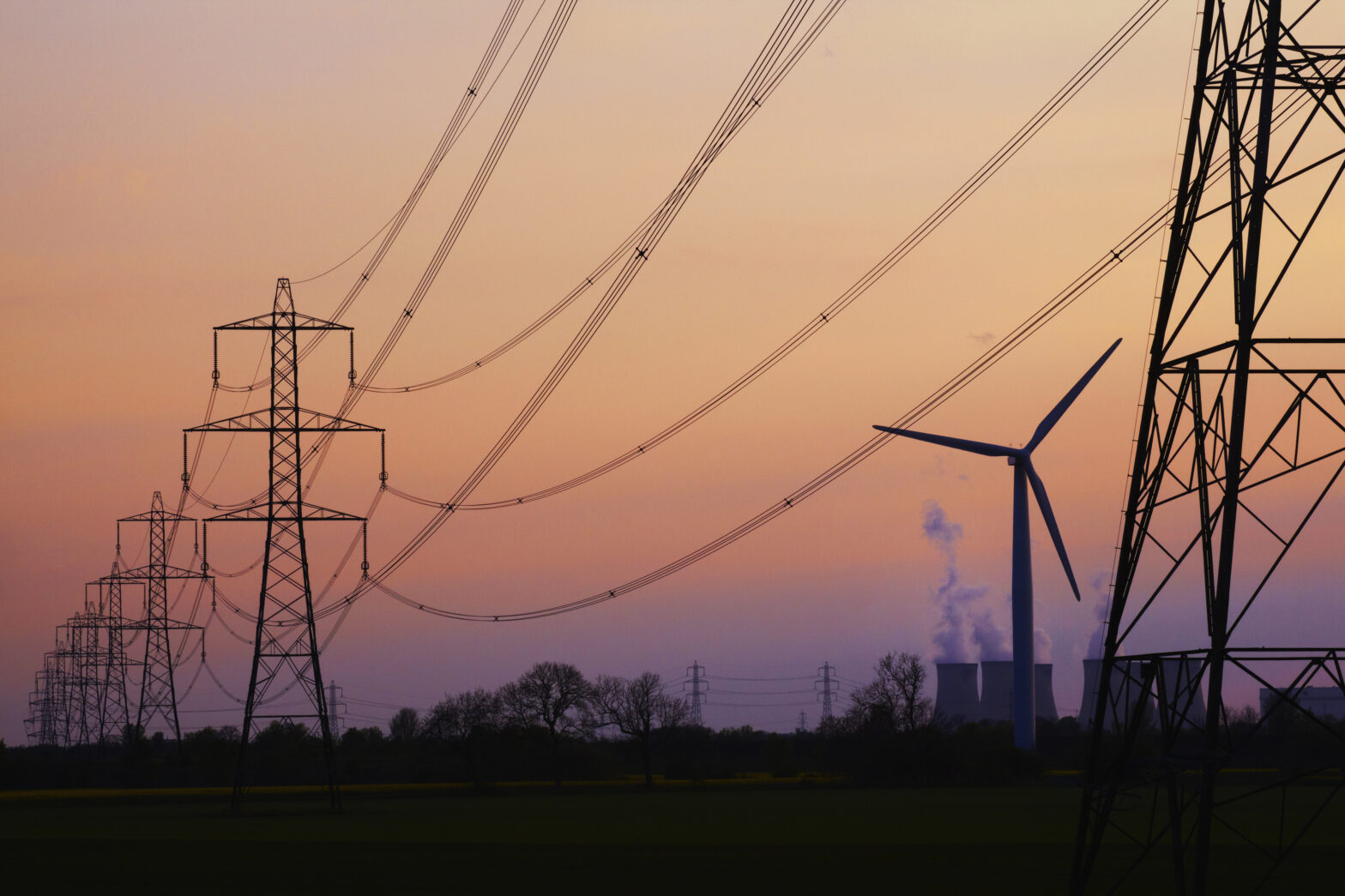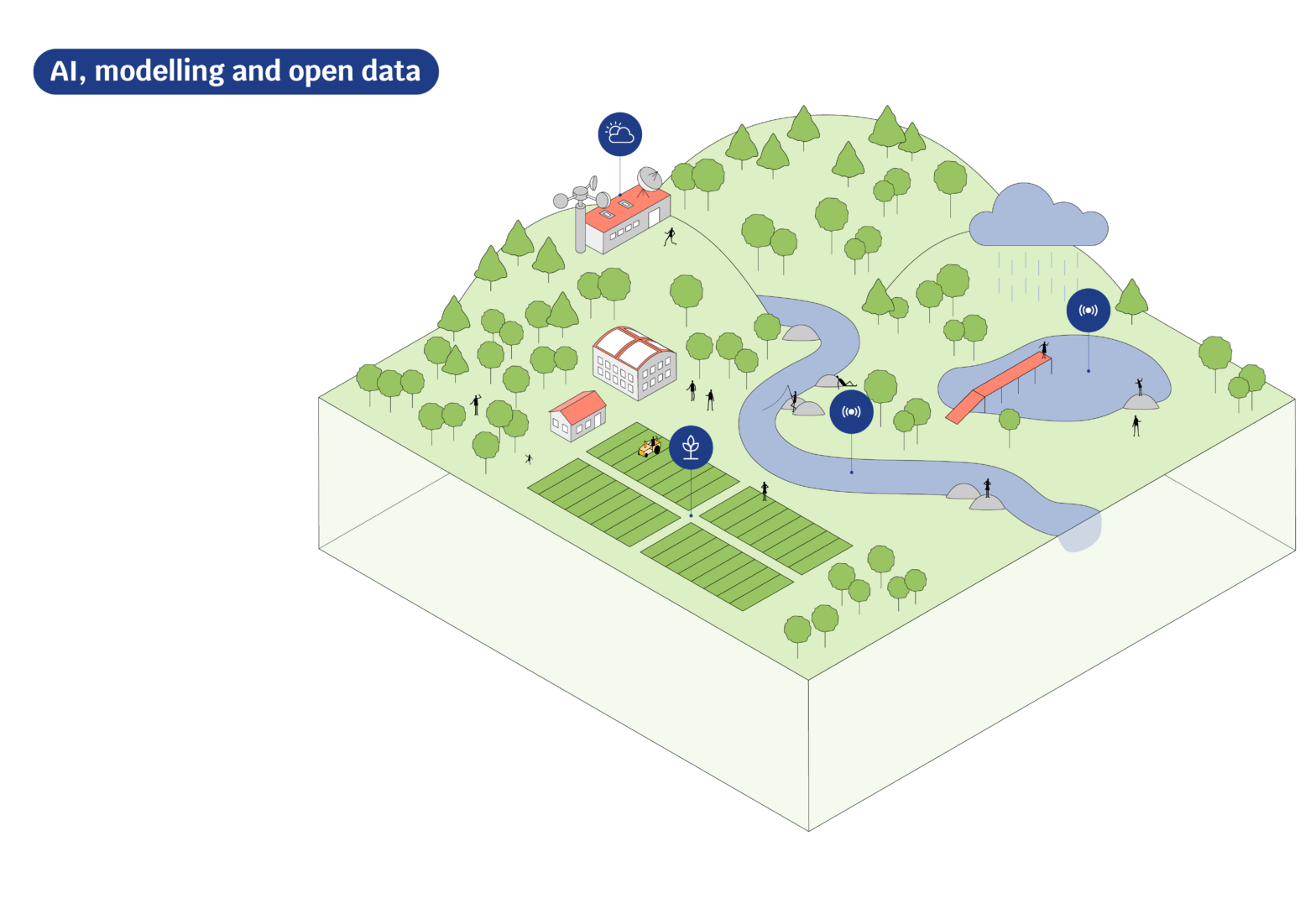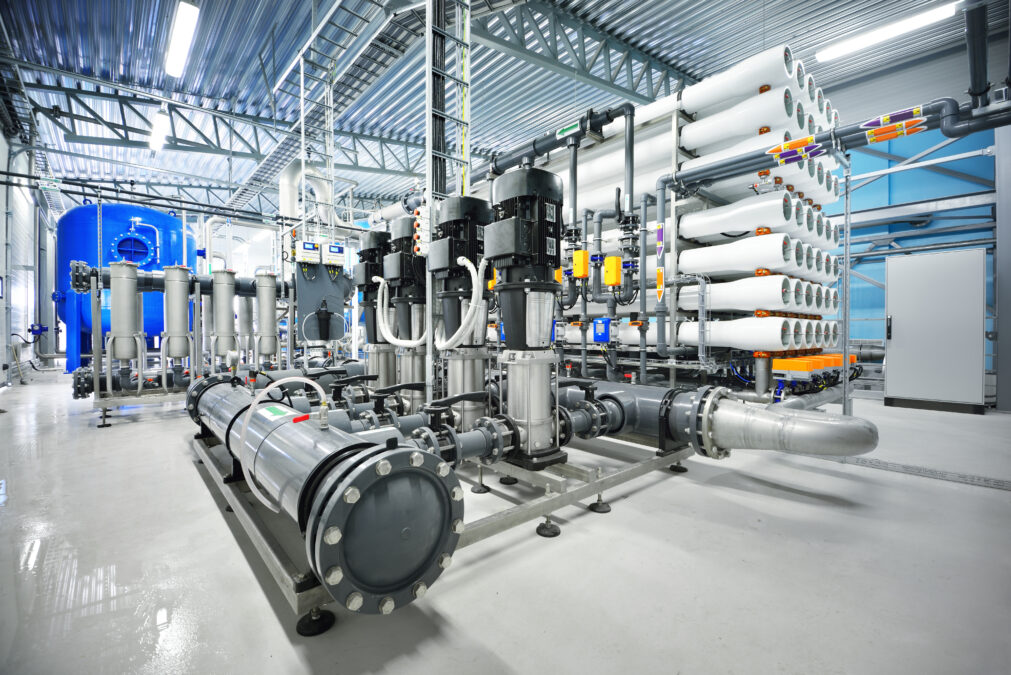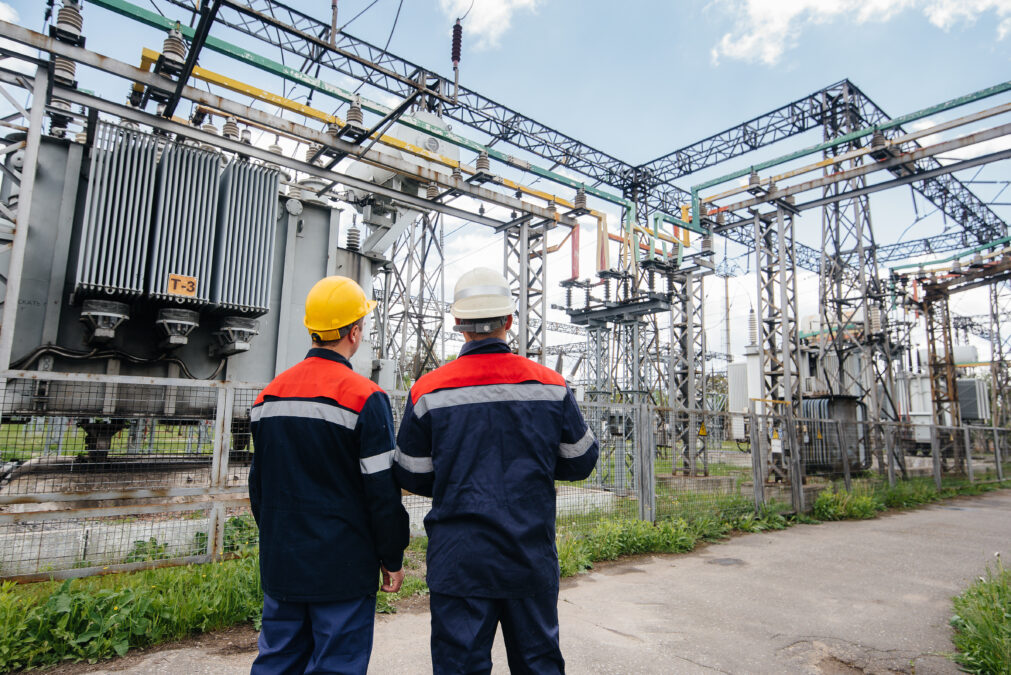The UK’s national grid is going to be put under an increasing amount of stress over the next five to ten years as we make the transition into the age of the renewable power generation, The Internet of Things (IoT), connected electric vehicles, and smart home technologies.
Many are making big promises when it comes to the widespread adoption of electric cars and smart home technology, but a key concern is how our power grids will properly cope with the concurrent increase in demand for electricity from millions of connected electric cars and smart homes and devices across the UK.
Some of those old enough to remember even fear a return to the bad old days of the 1970s when regular power cuts occurred. Imagine, for example, experiencing an untimely power cut right in the middle of watching your team’s game with your mates in front of the large screen in the lounge on a Saturday afternoon?
>See also: Energy sector focus shifting towards emerging tech
Or how would you feel if your main fuse box tripped every time you tried to boil the kettle, because your shiny new electric car was also on charge at the same time out in the garage?
Such potentially minor domestic catastrophes are far from Luddite conspiracy theories, they are based on recent warnings from football clubs and from the National Grid itself.
10% of football fans experience power cuts
Eaton recently partnered with Manchester City Football Club (MCFC) and carried out some revealing (and rather worrying) research that already 10% of football fans have experienced a power cut during a major match.
That’s a disappointing statistic, with one in ten fans reporting that they’ve missed their weekly fix of the beautiful game due to power cuts. So, what can fans do to ensure such outages don’t ruin the weekend’s big match?
Eaton sees the rapid development of reliable, home-based battery storage systems, for example the Eaton xStorage Home product, as key to ensure that the smart home of the near future will avoid missing the action even if there are power outages, thus ensuring the consistent happiness of all the football fans in the family.
>See also: The small data centres’ renewable journey
Plus, for those investing in new electric cars, investing a little more money in these types of new household battery-based storage units safeguards the property, providing a dependable consistency in the electricity supply to the home, even if your Nissan Leaf is charging and you also turn on the kettle.
National Grid alerts electric car owners to outages
Again, this is no random scare-mongering. National Grid is well aware of the impending scale of the problem, recently warning electric car owners to not boil their kettles while charging their vehicles, as it might well trip a fuse.
Eaton believes that it will take a concerted effort from all – private companies, consumers, utilities, and regulators – to achieve the recently announced transition to 100% electric vehicles by 2040.
>See also: IoT: shifting energy and managing national power demands
One considerable problem that doesn’t yet seem to be being addressed – where will the power come from? What the National Grid requests is the building of thousands of “super-fast” charging forecourts, replacing the thousands of petrol stations that currently provide the necessary fuel for our traditional motors.
How to future proof your home energy needs
What is needed is a frank and open discussion of how a sudden burst in the growth of the numbers of electric cars on Britain’s roads could impact the National Grid – and also on what consumers and electric car drivers can do to avoid overloading the network.
Again, this is where the latest developments at companies such as Eaton come into play, offering consumers more control over how and when then choose to use their domestic energy.
Once consumers take control over their energy consumption and supply, they are not only helping save the planet, they are also saving themselves a considerable amount of money in the process.
>See also: How to improve data centre energy sustainability?
This will come as they build or modify their homes to be considerably more environmentally-friendly than those that rely entirely on the national grid, by maximising the use of solar rooftop panels and home-based storage tech.
And this way, you can kick back on a Saturday afternoon, enjoying a brew with family and friends as you watch the big game on TV, safe in the knowledge that the electric car on charge in the garage blowing a fuse or a sudden power outage from the grid is not going to ruin the weekend and spoil everybody’s fun.
Sourced by Pedro de la Horra Calomarde, segment manager Residential Buildings EMEA, Eaton










